Telling the Whole Spectrum of American Stories
By Ha Leem Ro
A critical look at the American memoryscpae of disabilities rights in the build environment.
These case study dossiers resulted from graduate students’ research as part of Weitzman School's Spring 2021 course Reckoning with Civil Rights Sites (HSPV705). Each individually authored case highlights challenges of the sites’ visibility, recognition, design, conservation and sustainability.
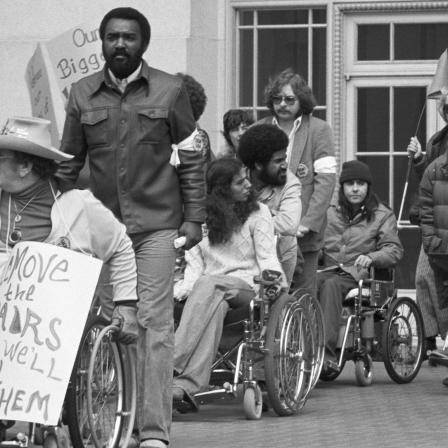
By Ha Leem Ro
A critical look at the American memoryscpae of disabilities rights in the build environment.
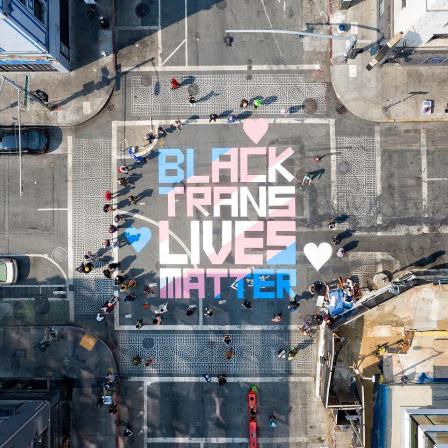
By Julia Marchetti
Compton’s Transgender Cultural District as a Vehicle for Cultural and Economic Reparations?
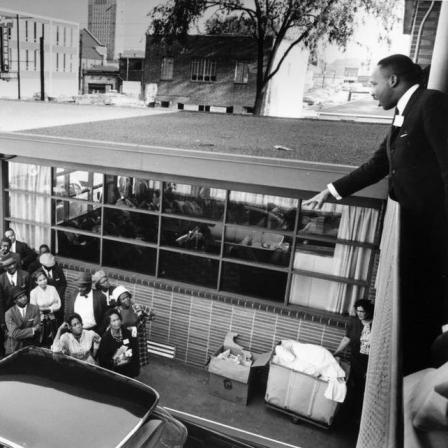
By Yiling Hu
The site of one of the first motels to provide better accommodations and restaurants for African-Americans who were traveling through the segregated South.
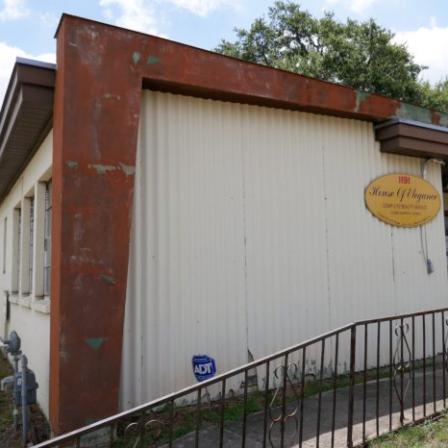
By Hanna Stark
The dynamic life of the Teachers State Association of Texas Headquarters designed by John Saunders Chase -- one of the first two African Americans ever to enroll at the University of Texas at Austin, the first to graduate from UT’s School of Architecture, and the state’s first licensed African American architect.
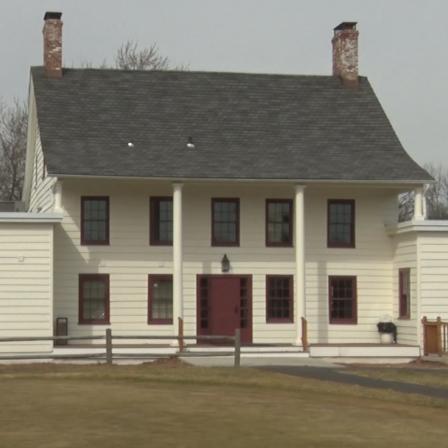
By Greg Maxwell
A historically notable place of black recreation, culture, and community influence.
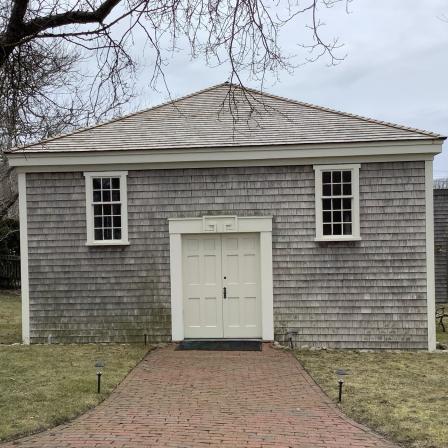
By Michele Kolb
Freedom existed but segregation persisted: History of civil rights on Nantucket since the 1800’s.
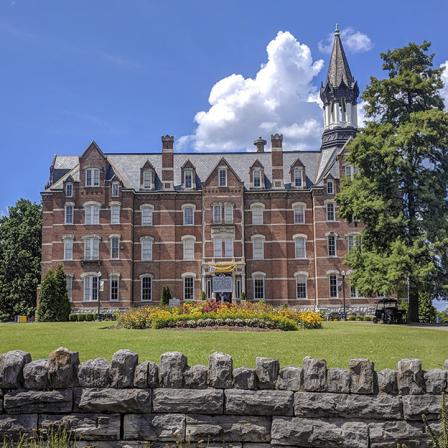
By Eboni Senai Hawkins
Town and Gown Relationships in Black Nashville
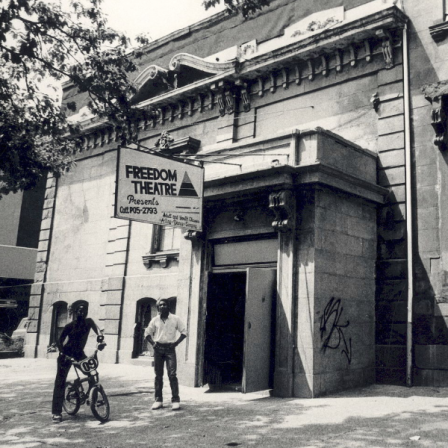
By Catherine Bache
Pennsylvania’s oldest black theatrical organization and serves the black community in the city.
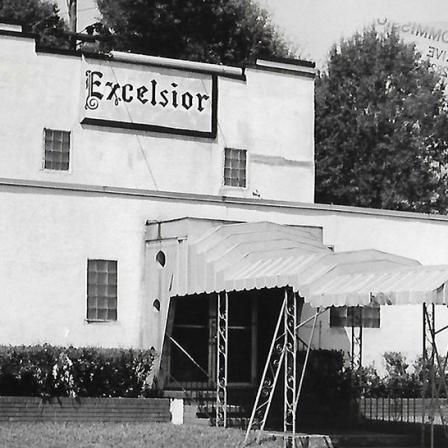
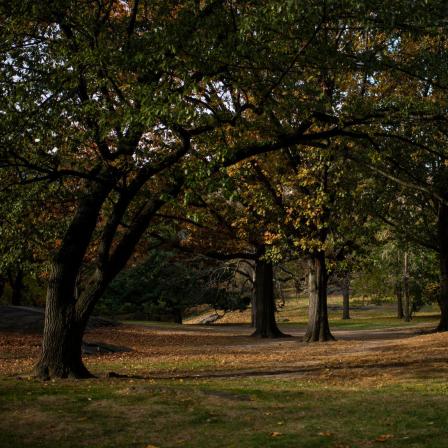
By Allison Nkwocha
Beneath present-day Central Park once stood Seneca Village, a majority African American community that existed from 1825 (two years before slavery ended legally in New York) till the day it was razed in 1857.
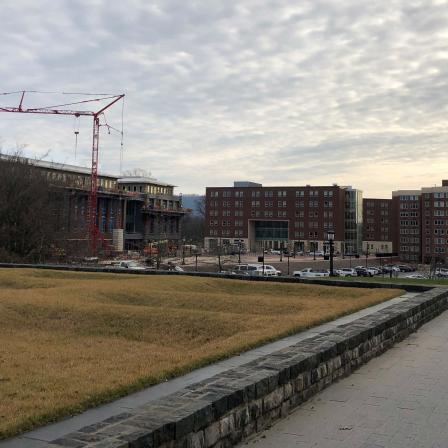
By Adam Ghazzawi
The Kitty Foster Homestead and Cemetery is located on the grounds of UVa in Charlottesville, VA. The site was home to Catherine "Kitty" Foster, an African-American seamstress and laundress at UVa, and her family from 1833 to 1906.